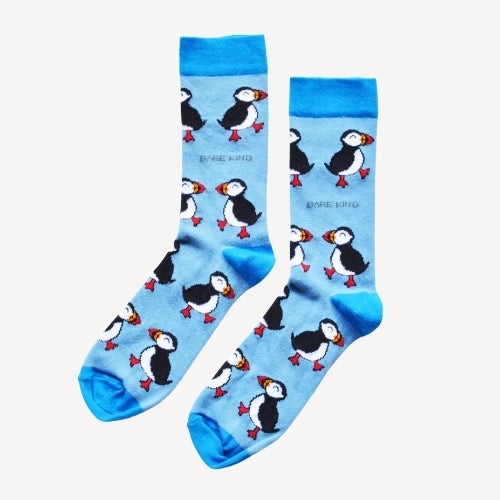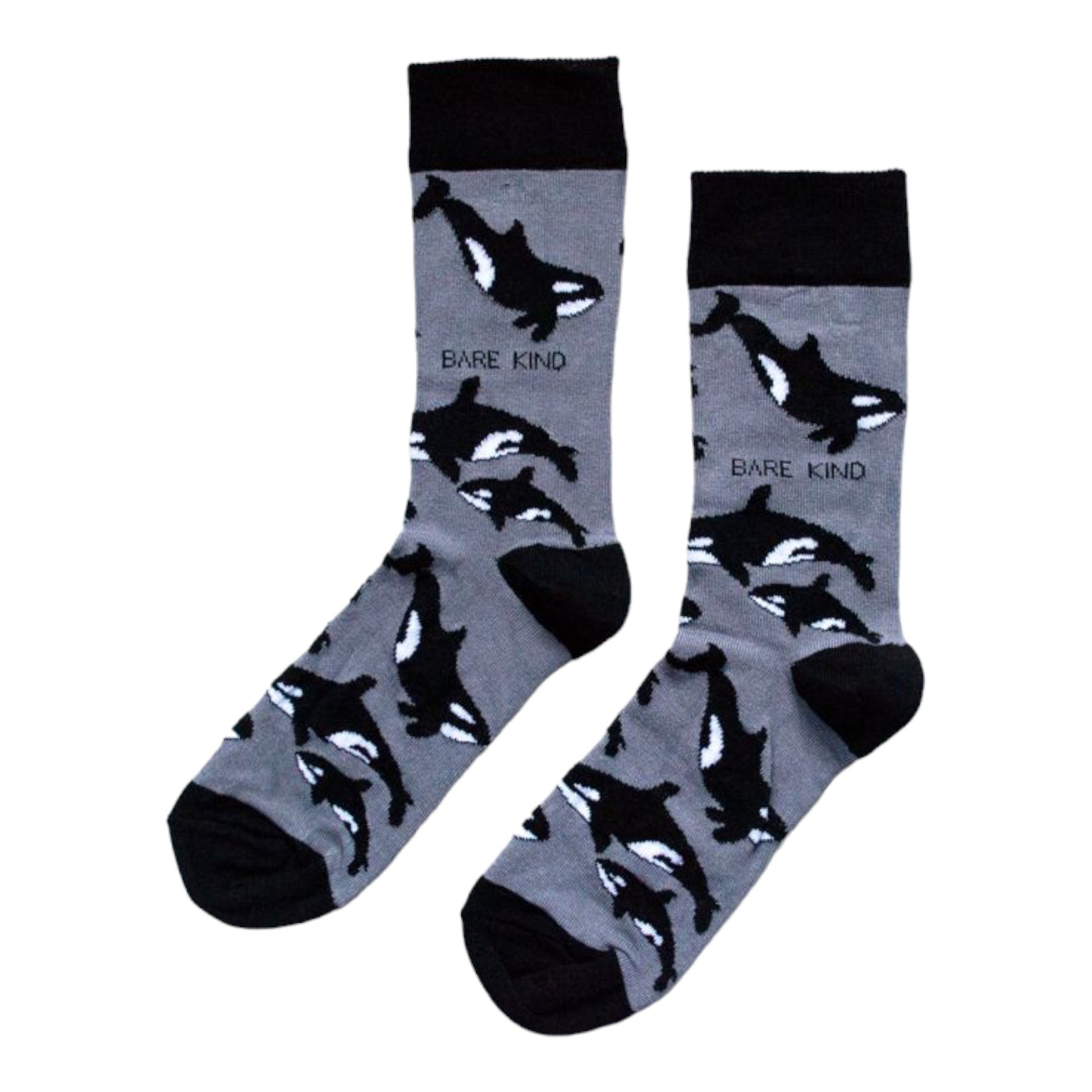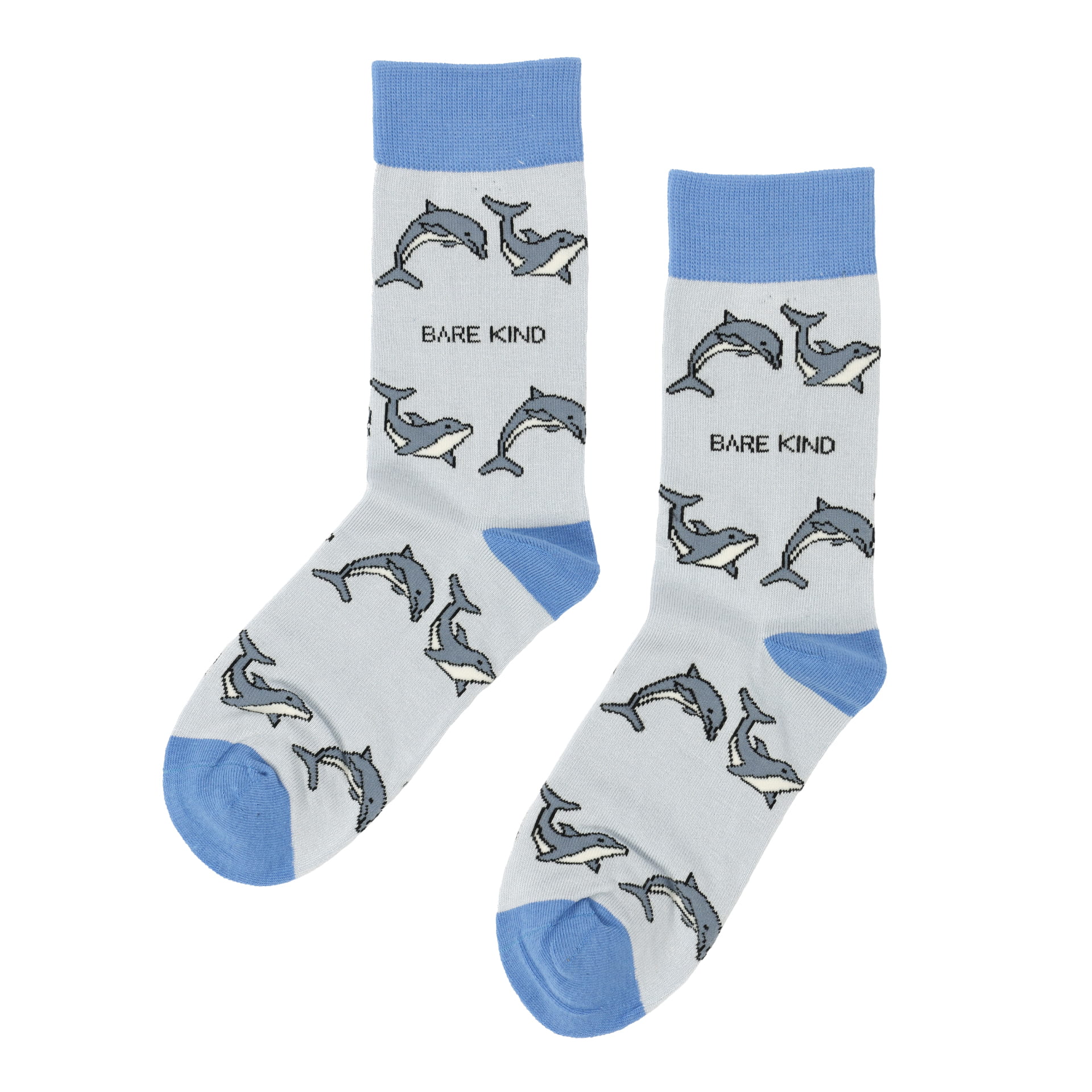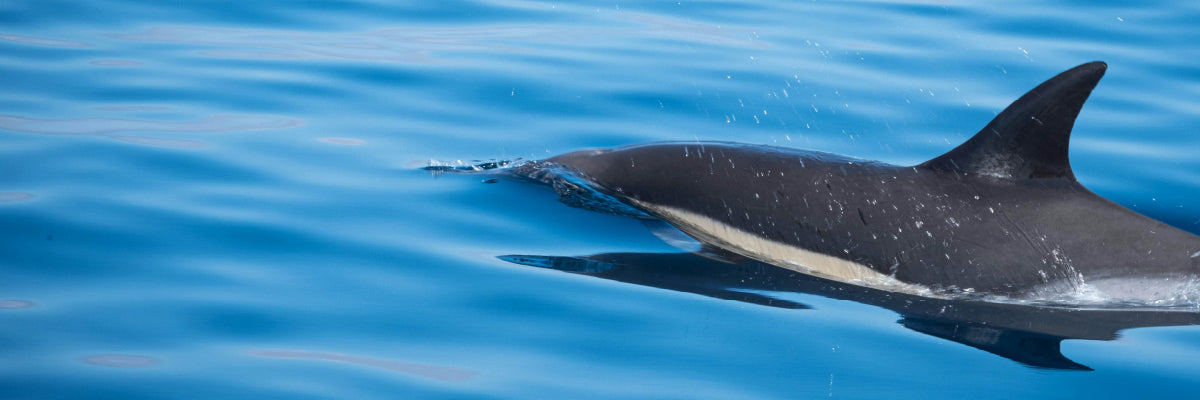
Save the Whales, Orcas and Dolphins with the Whale and Dolphin Conservation
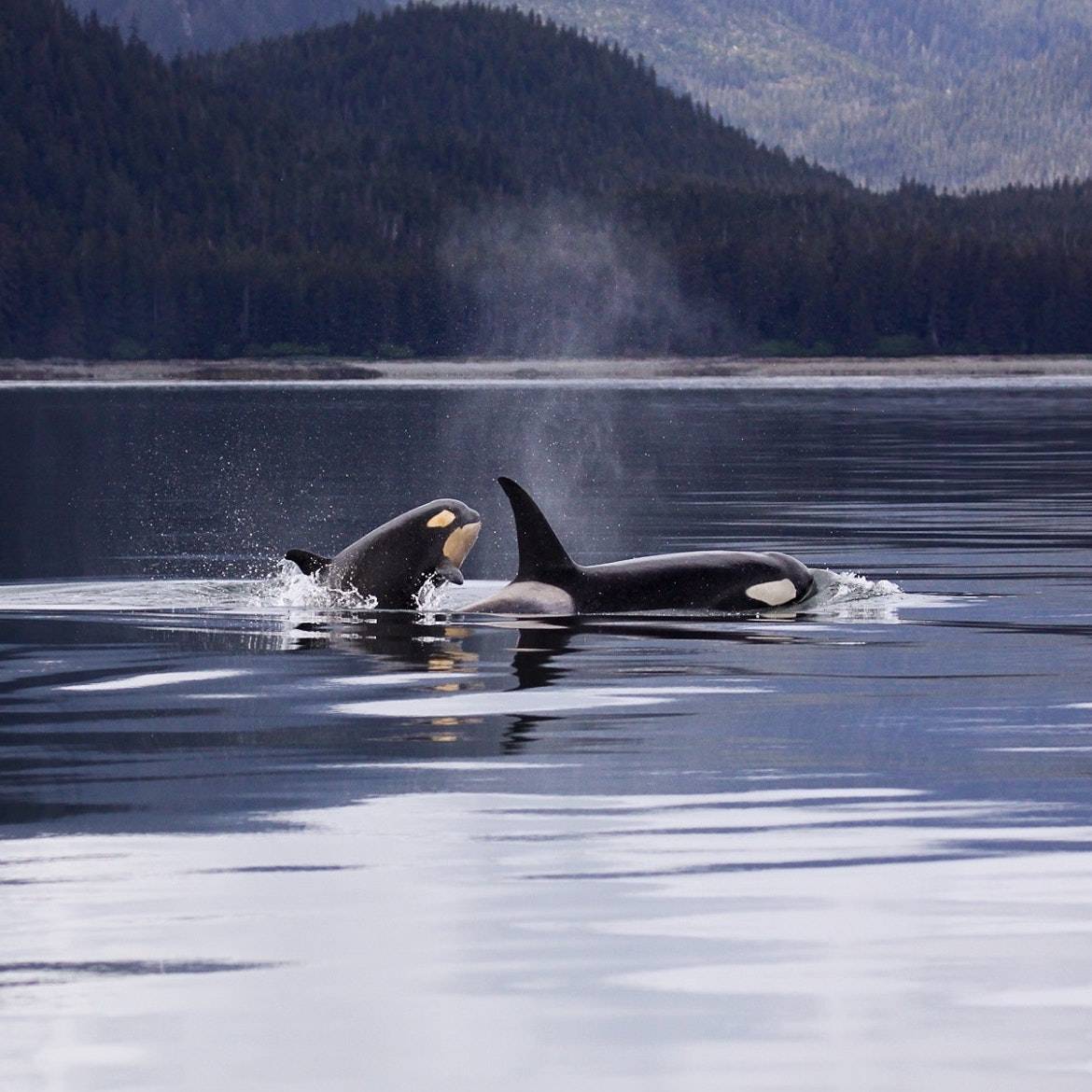
Whales and orcas, also known as killer whales, are magnificent marine mammals that play a crucial role in maintaining the balance of the ocean's ecosystems. However, their populations are at risk due to factors such as overfishing, pollution, and climate change. The International Union for Conservation of Nature (IUCN) lists several species of whales and orcas as endangered or vulnerable, including the North Atlantic right whale, blue whale, and the southern resident killer whale.
In addition to their ecological importance, whales and orcas are also beloved by many people around the world for their intelligence and social behaviour. Orcas, for example, have complex family structures and sophisticated communication systems. Helping to protect these animals is not only vital for the health of our oceans but also for our emotional connection to the natural world. Charities such as Whale and Dolphin Conservation work to protect and conserve these amazing creatures through research, education, and advocacy.
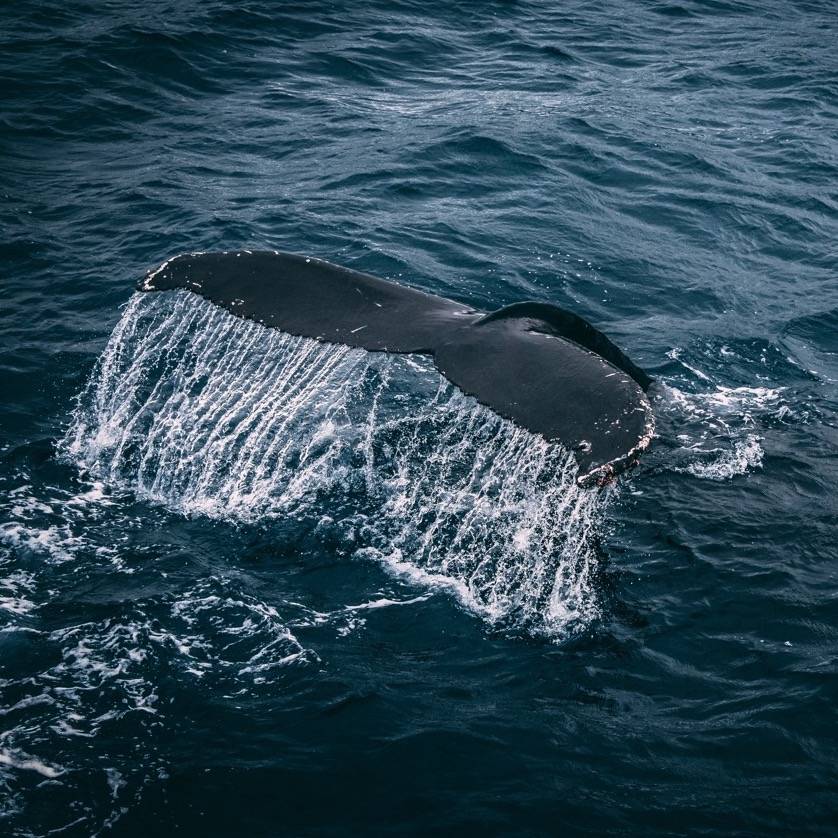
Whales and orcas are highly intelligent and social animals that have complex cognitive abilities and communication skills. They have large brains that are capable of advanced problem-solving, social cooperation, and emotional processing. In fact, the brain of an orca is the second largest among all mammals, with a highly developed cerebral cortex that is responsible for complex cognitive functions.
Whales and orcas also exhibit a wide range of social behaviours and have complex communication systems that include vocalisations, body language, and even cultural traditions. They form close-knit family groups known as pods, and have been observed exhibiting empathy and helping other members of their pod. Their advanced intelligence and social behaviours have also been linked to their ability to adapt to changing environmental conditions and navigate through long-distance migrations. However, these highly intelligent animals are threatened by human activities such as hunting, pollution, and habitat destruction, which have led to declining populations and even extinction of some species.
The International Union for Conservation of Nature (IUCN) lists several species of whales and orcas as endangered or vulnerable, including the North Atlantic right whale, blue whale, and the southern resident killer whale.
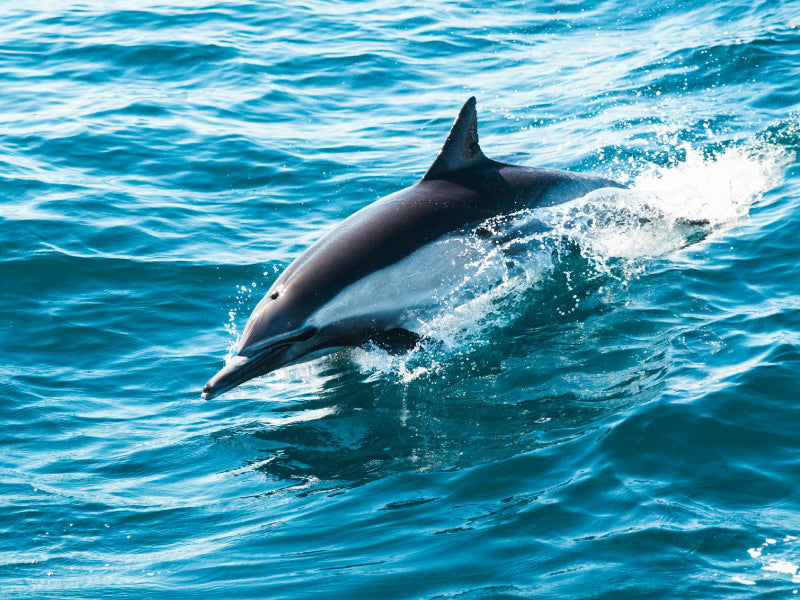
Dolphins are incredibly intelligent animals that love to play. They have complex brains that rival those of some primates and communicate using clicks, whistles, and body language. Interestingly, each dolphin has its own unique whistle that acts like a name they use to identify each other.Dolphins are social butterflies—or social sea mammals. They live in pods, which are like close-knit dolphin families that can range from just a few members to over a hundred! And within these pods, they form friendships that last for years. They’ll help each other out, protect one another, and sometimes even babysit each other’s young. Dolphin daycare, anyone? Sadly, five of the 41 dolphin species have been listed as endangered by IUCN.
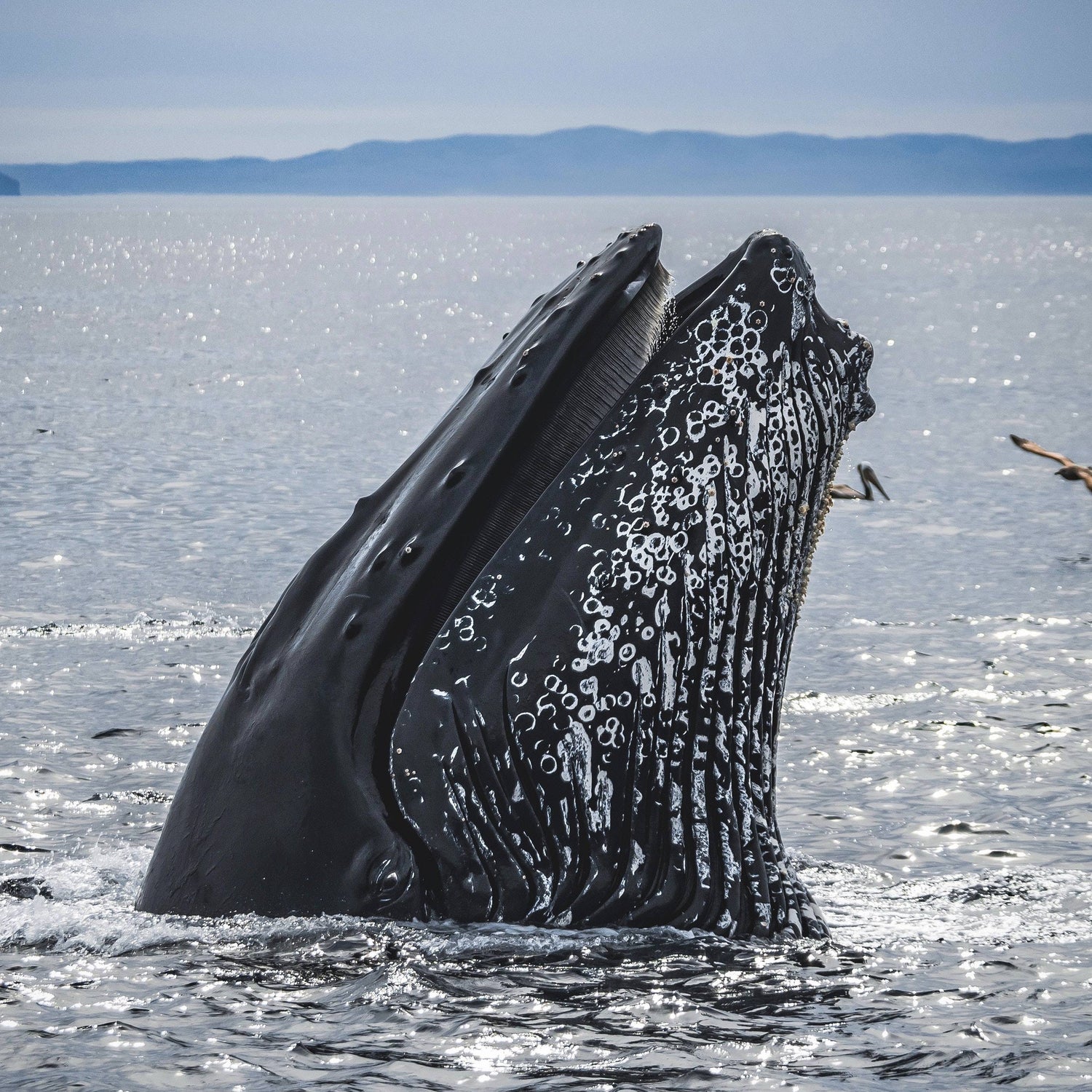
The Whale and Dolphin Conservation (WDC) is a global charity dedicated to protecting whales, dolphins, and porpoises. WDC's work includes research, advocacy, and campaigning to improve the lives of these intelligent marine mammals and protect them from threats such as commercial whaling, bycatch, pollution, and captivity.
WDC's research helps to understand the behaviours and needs of whales, dolphins, and porpoises and how best to protect them. Their advocacy and campaigning efforts have led to important policy changes and better protection measures for these species, including the creation of marine protected areas and bans on certain fishing practices. WDC also works to end the captivity of whales and dolphins for entertainment purposes, as this can cause immense suffering and lead to premature death. Overall, WDC's work is essential to ensure that these magnificent animals are protected and able to thrive in the wild.
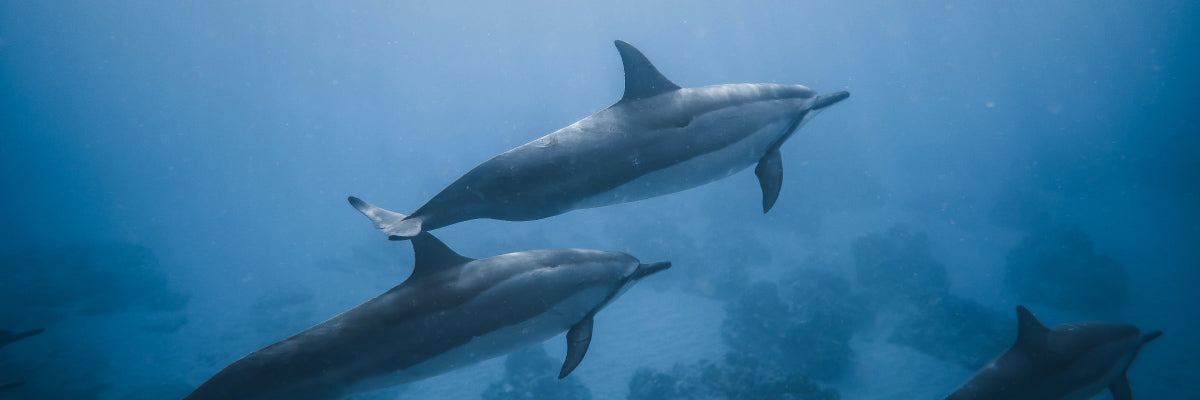
We Funded 5 School Talks For Children In Scotland, Teaching Them About The Ocean With Whale And Dolphin Conservation
We donate 10% of profits from your whale, orca and dolphin socks to
Save the Orcas Bamboo Socks
Share
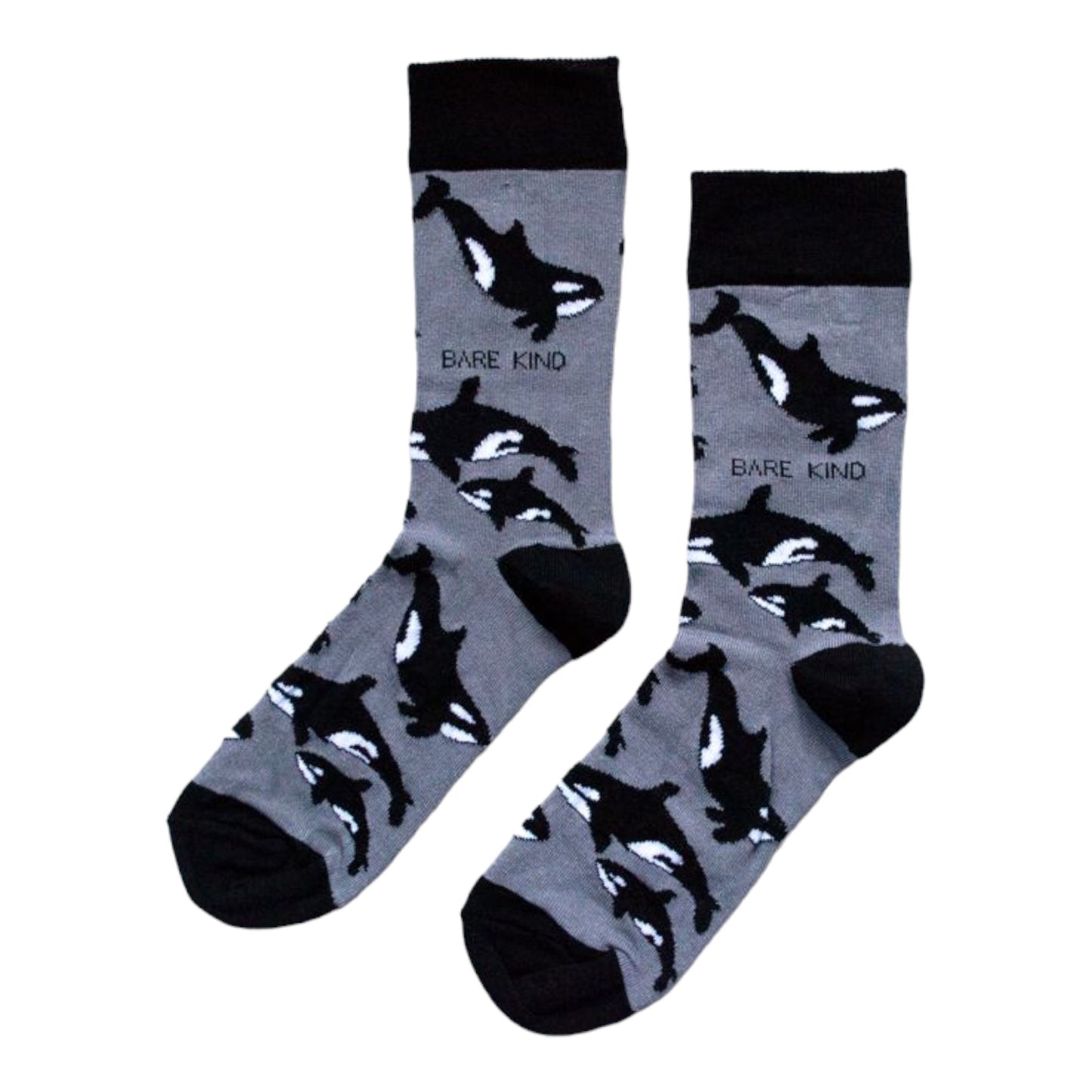





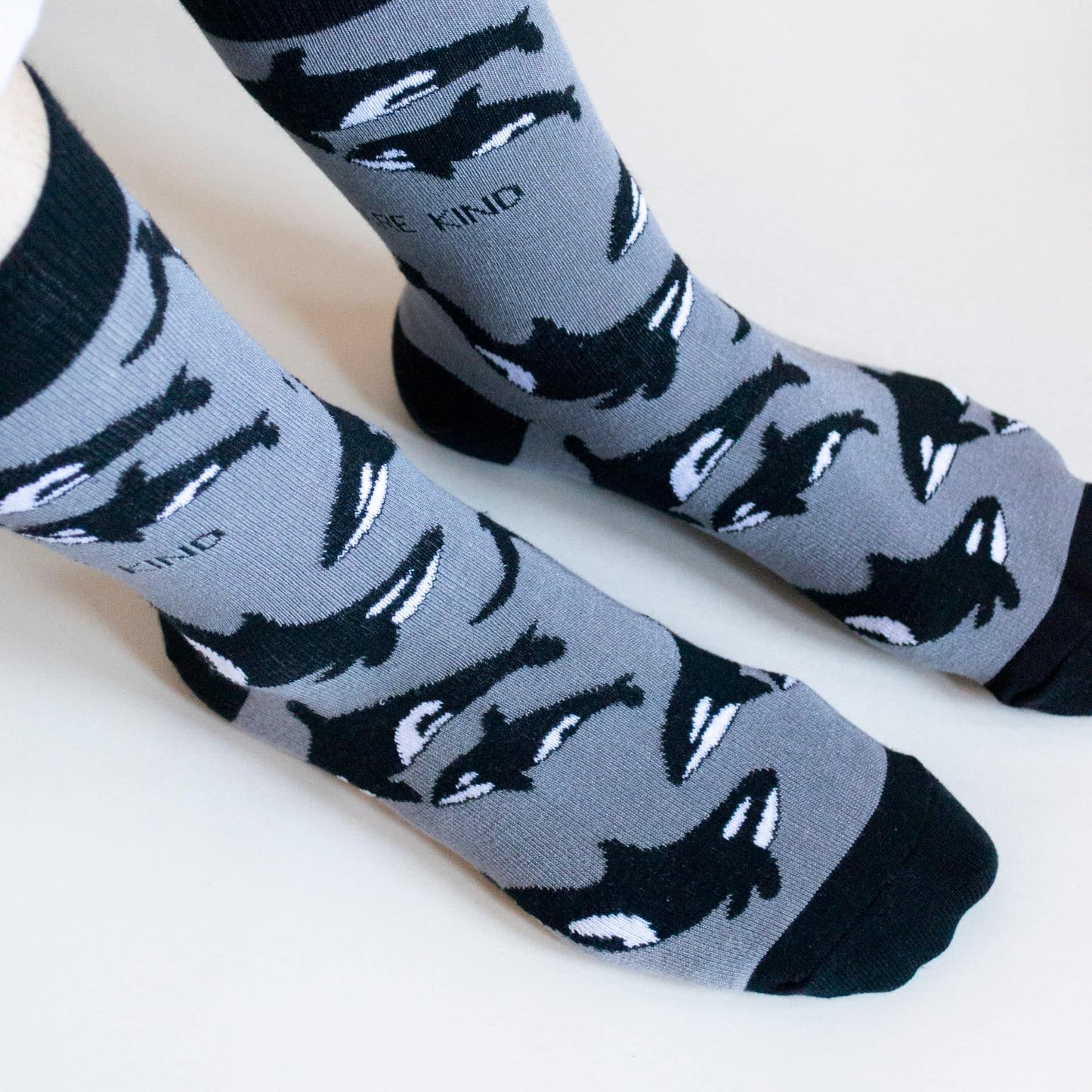
Save the Orca Small Motif Socks
Share

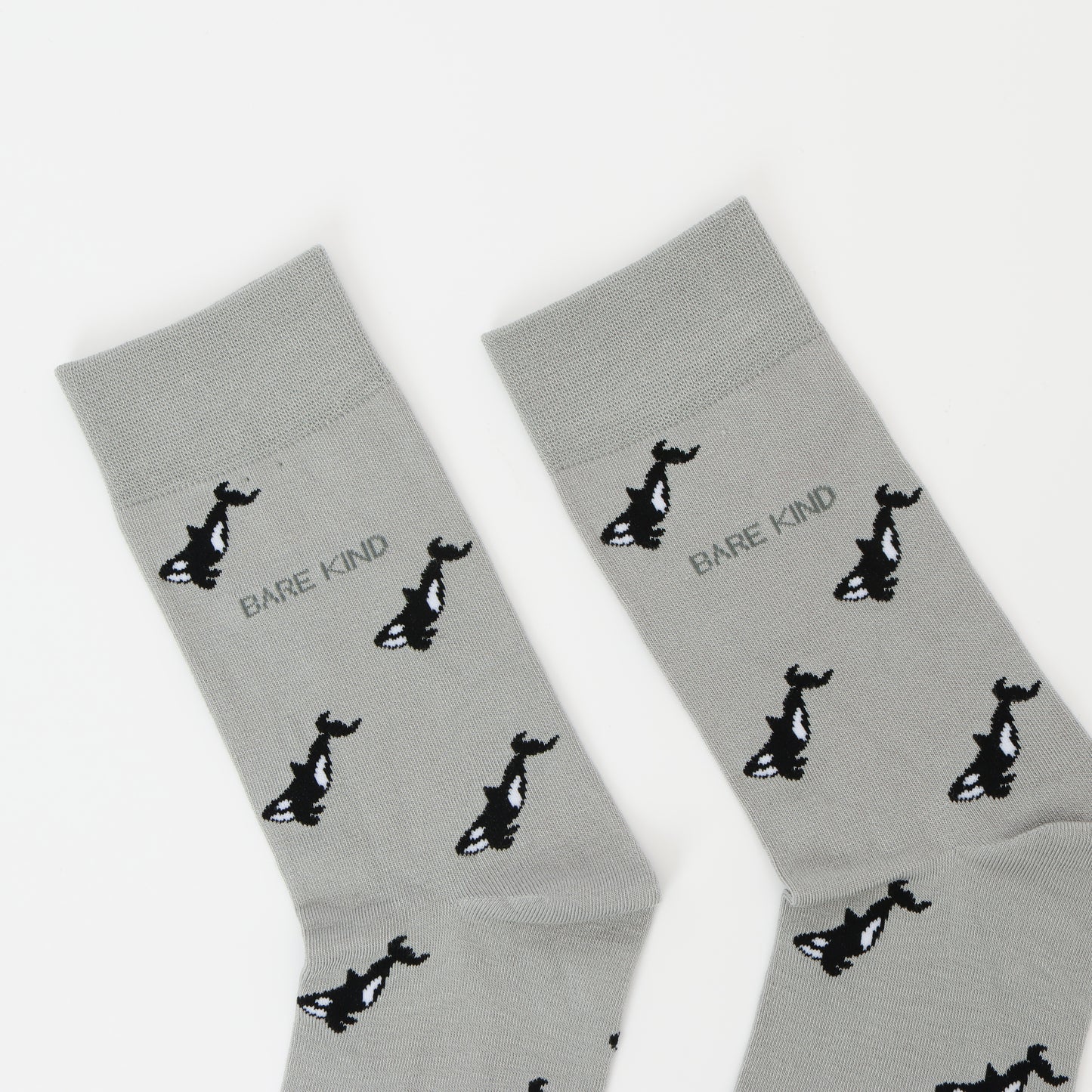
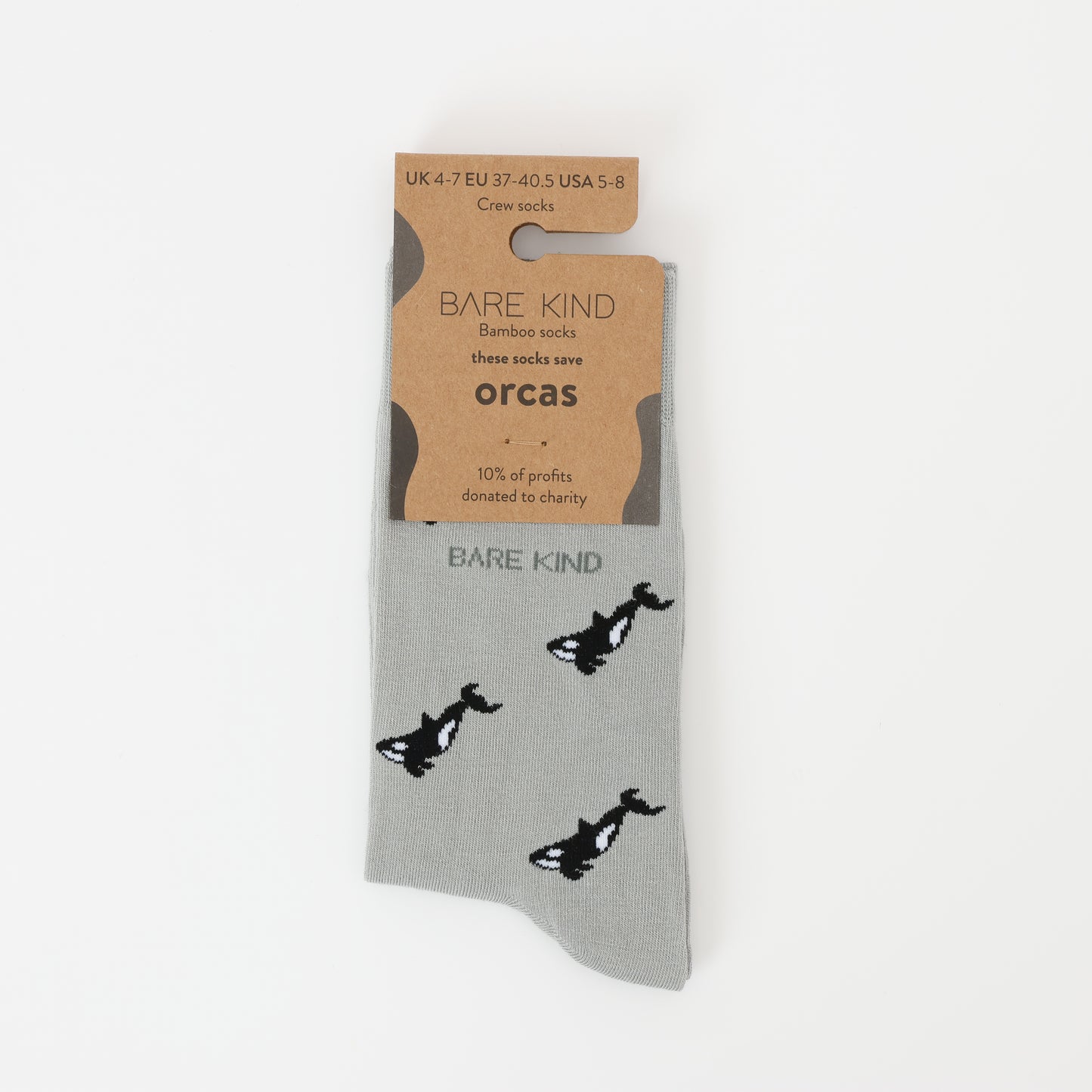
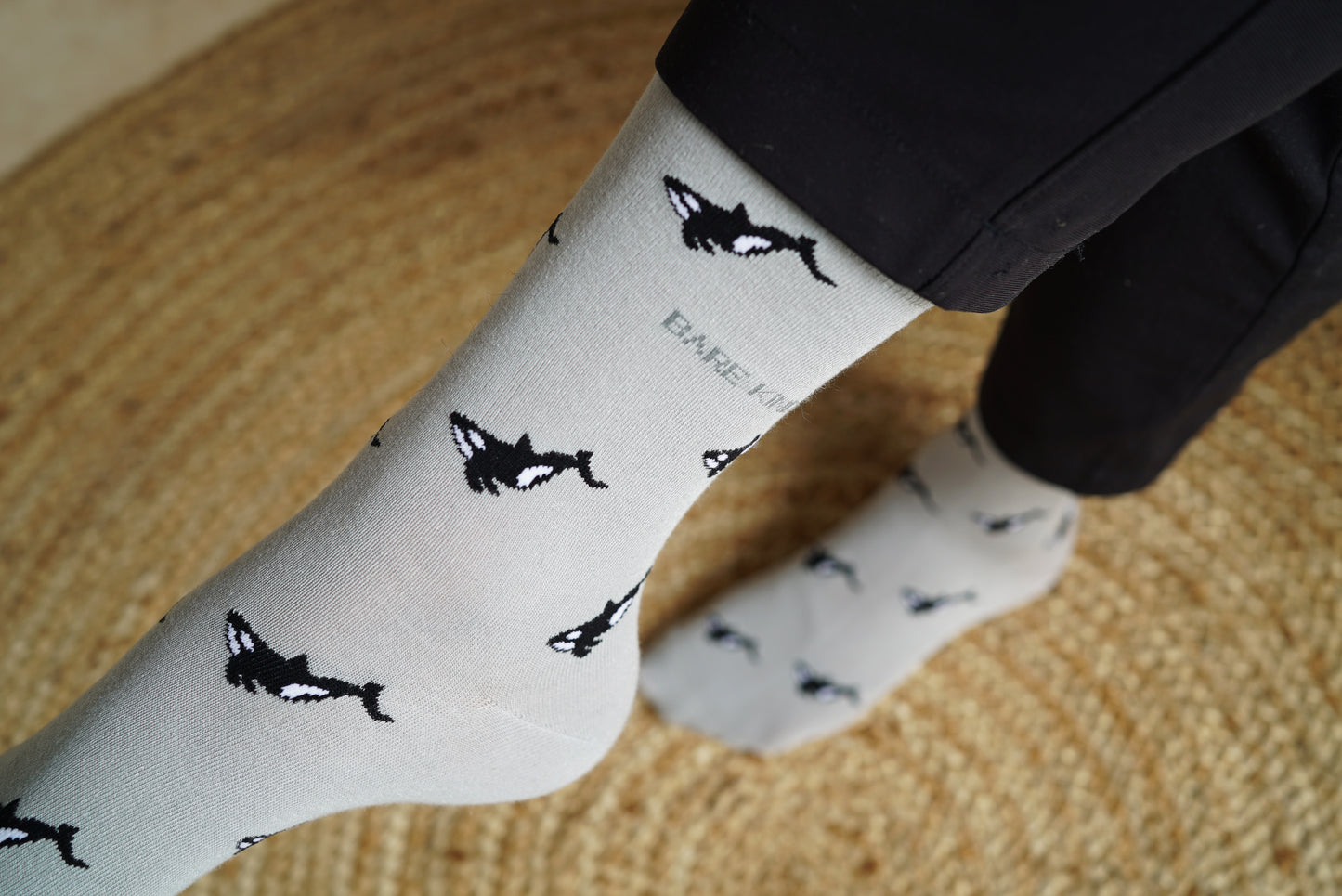
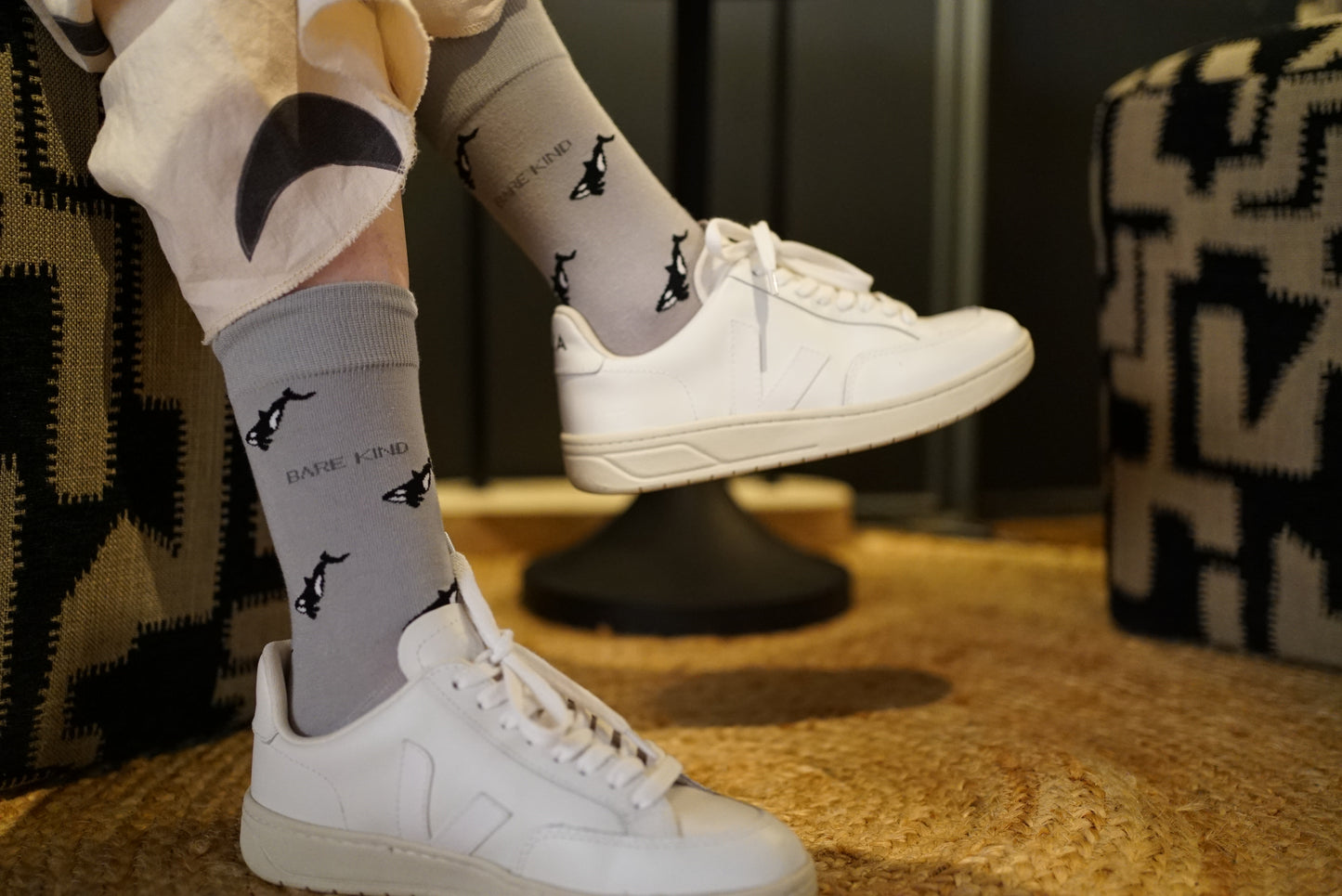
Save the Dolphin Bamboo Socks
Share
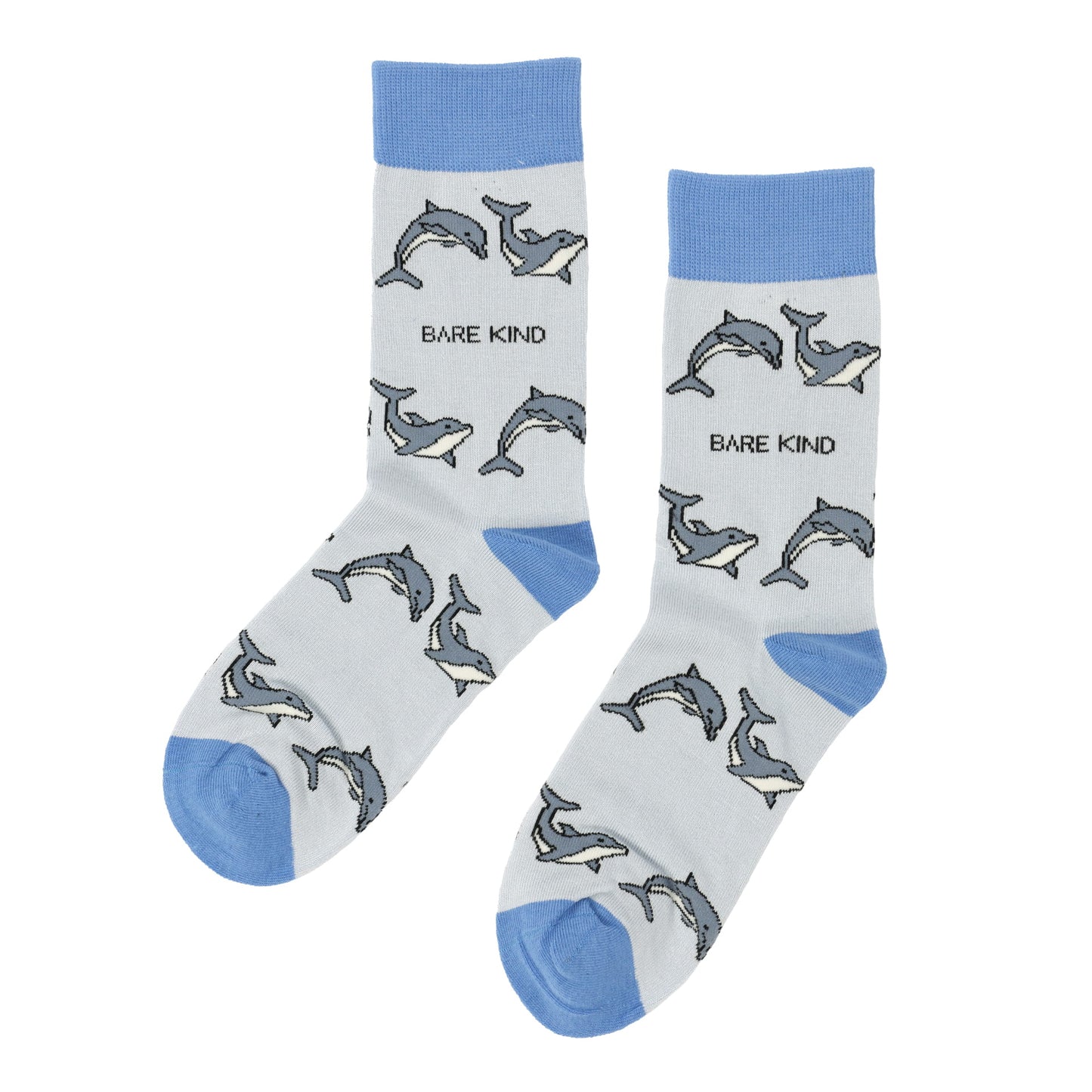
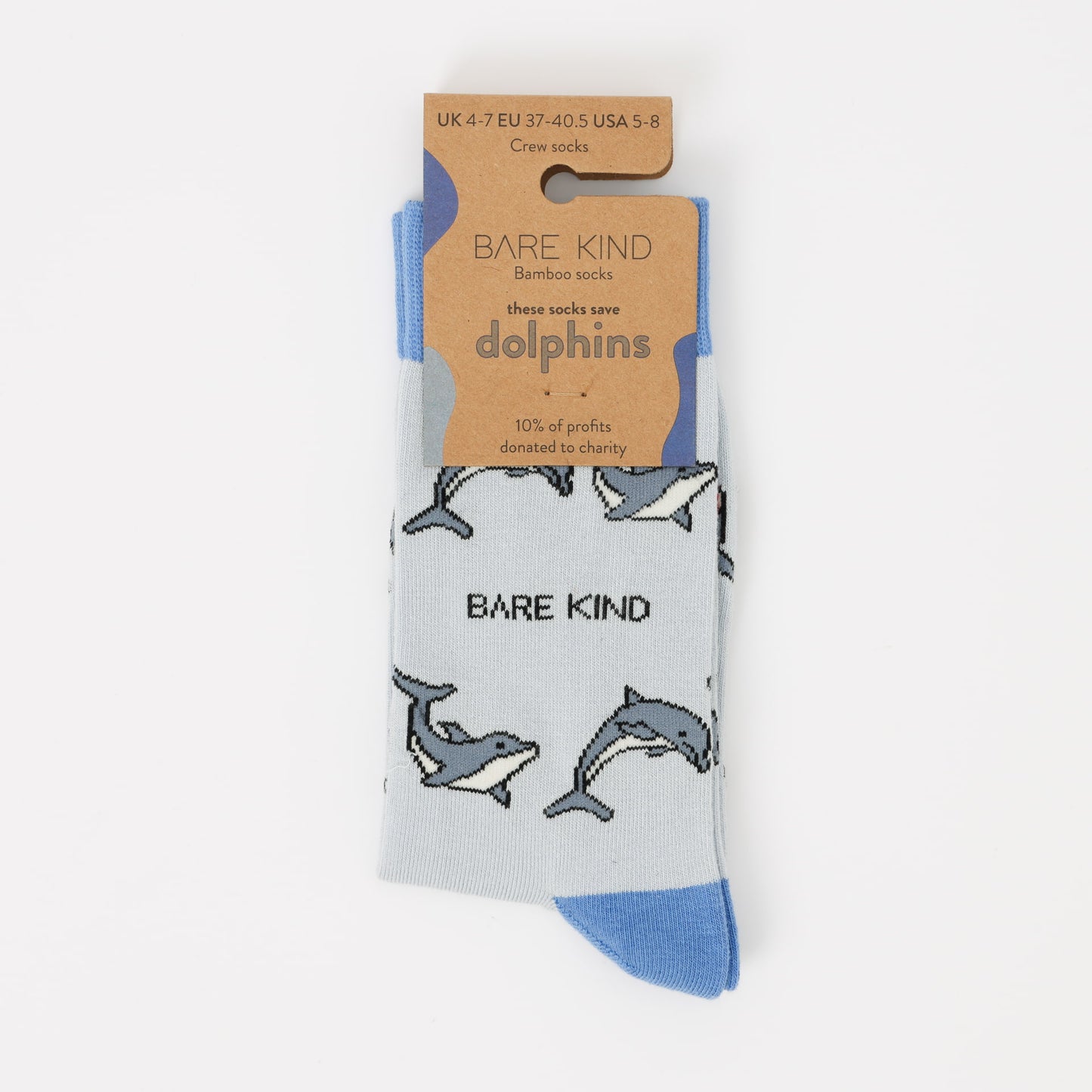
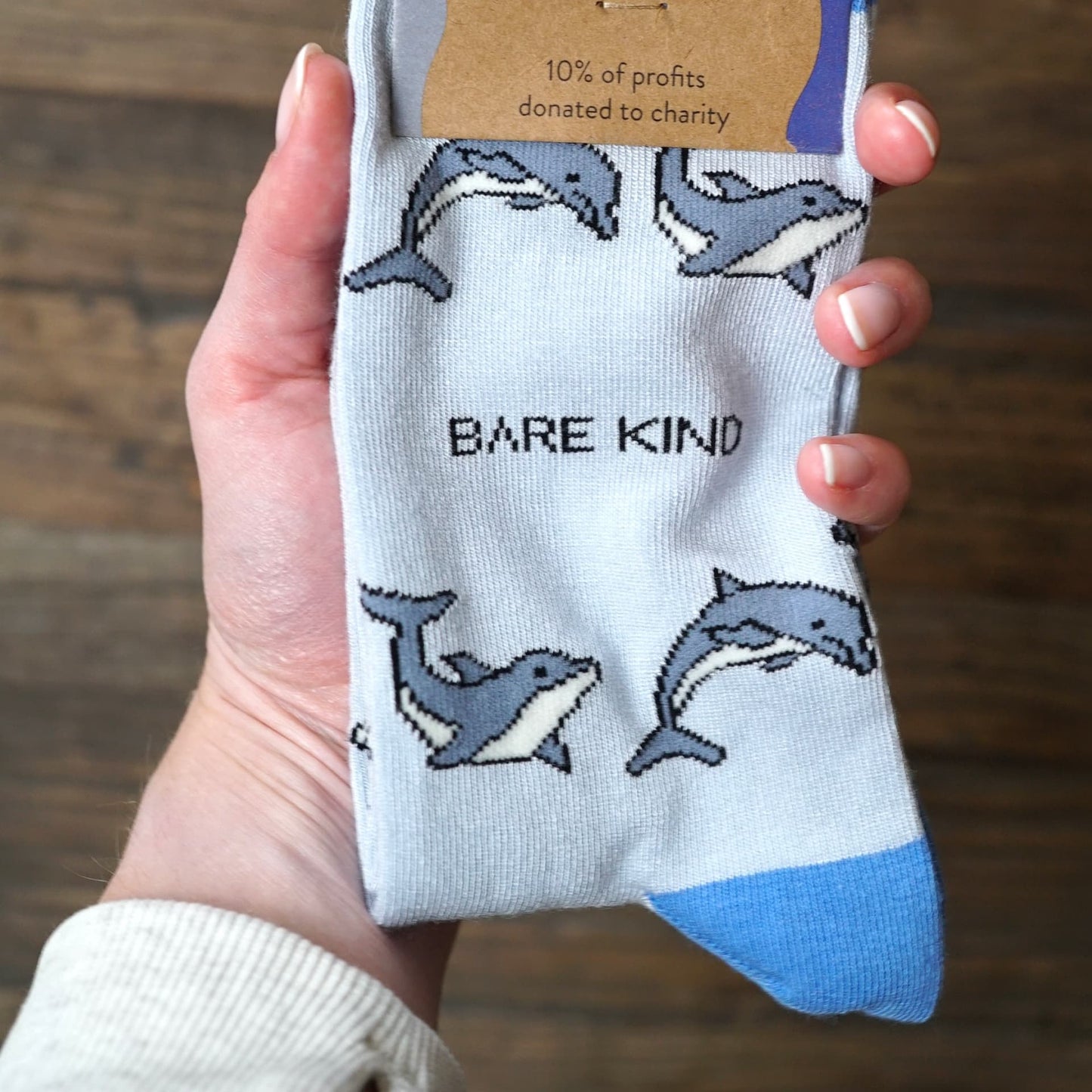
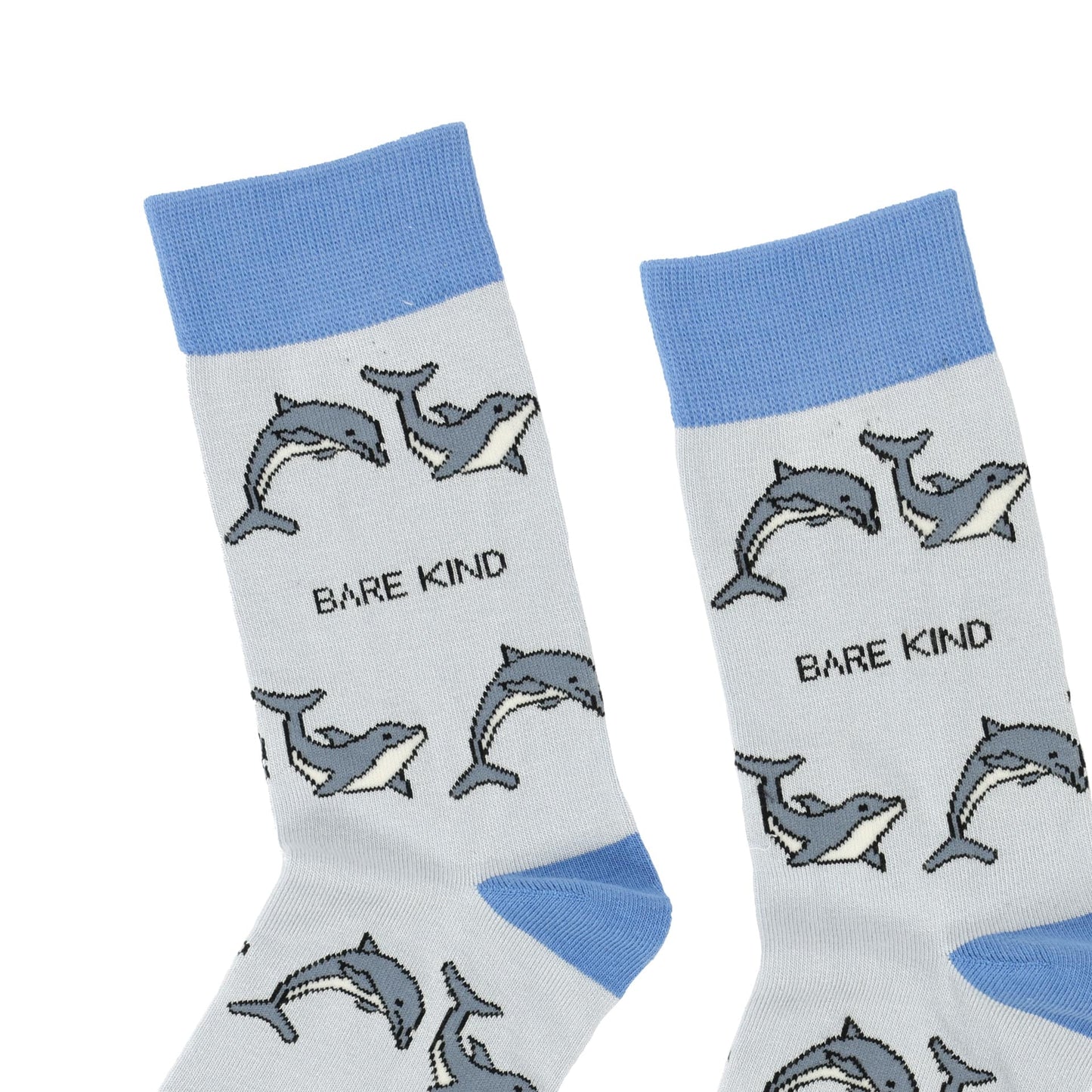
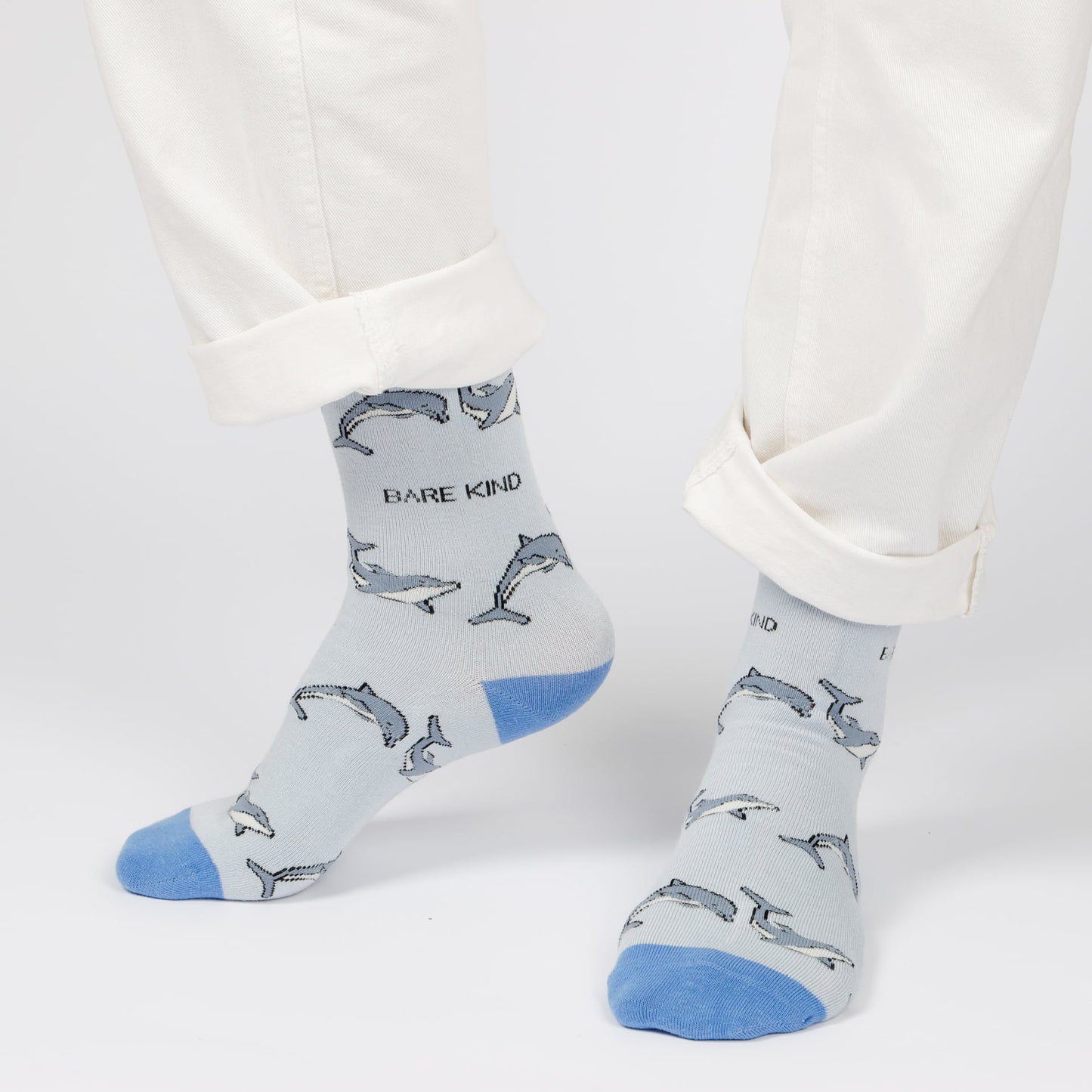
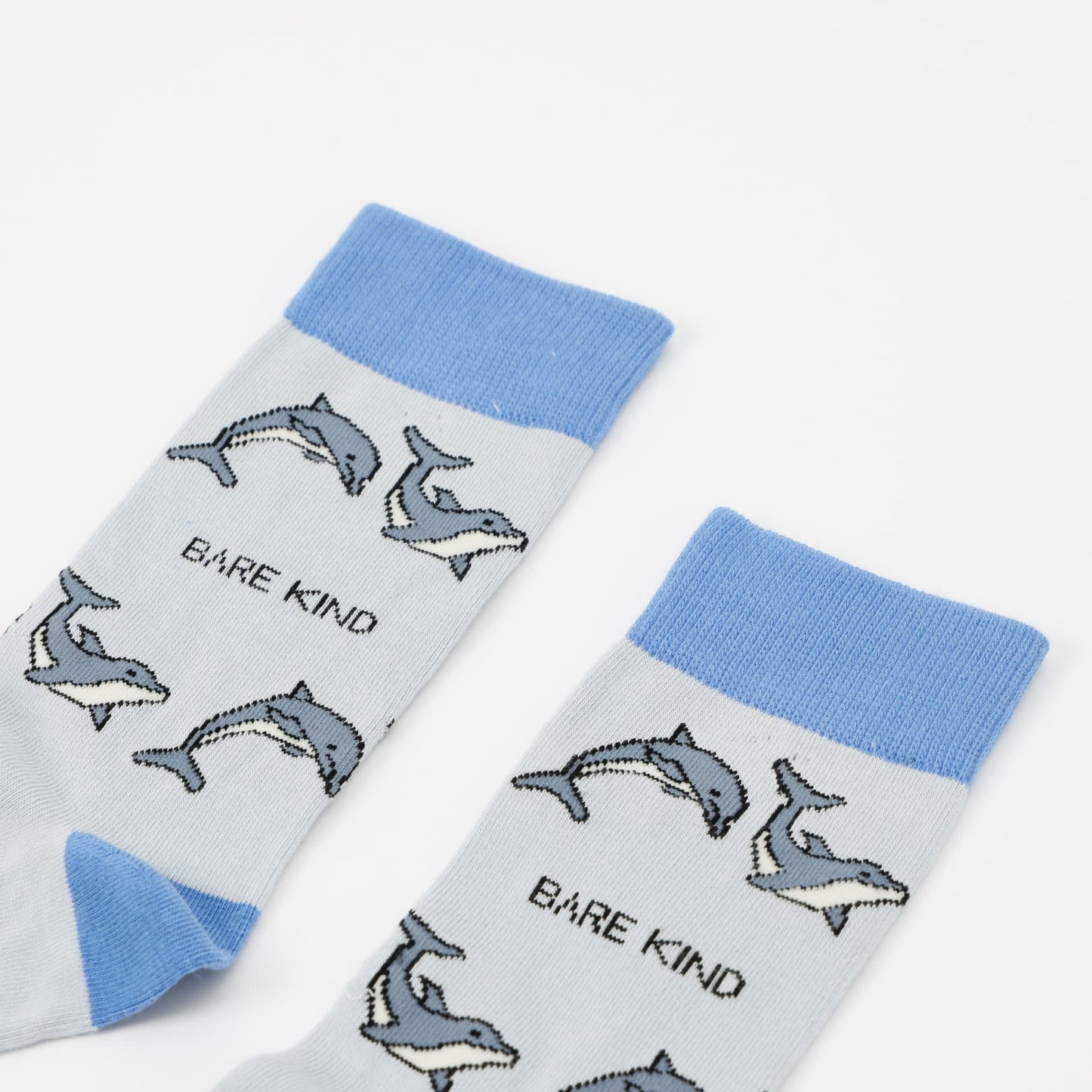
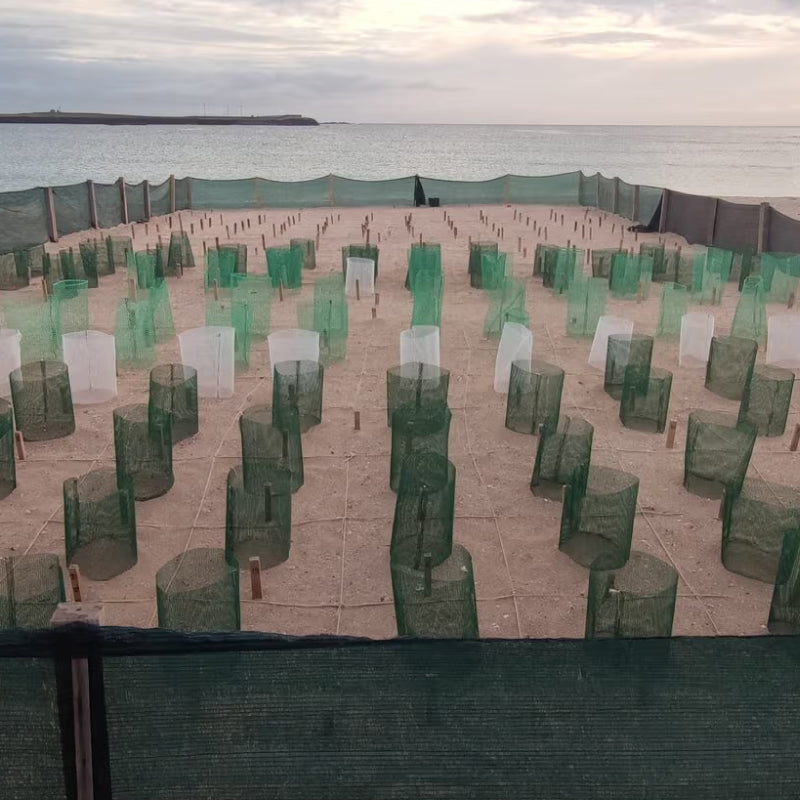
Our Philosophy
Restoring the biodiversity of our planet and its varied species is at the core of Bare Kind’s mission. By donating 10% of gross profits to charities that support the animals on our socks, we can continue fighting the fight against species extinction.
Bare Kind has been able to achieve an all-time high of donations in recent years. The business expanded its sock range to 40+ pairs and supports 35+ charities.
Our Charity Impact Reports highlight the projects we have been able to fund with our charity partners and the incredible animals we support.
Our hope is that something as humble as a pair of socks can make a lasting impression on our world and change it for the better. A huge thank you goes out to all our customers who have wanted to make a difference and empower the restoration of our planet with their socks.
